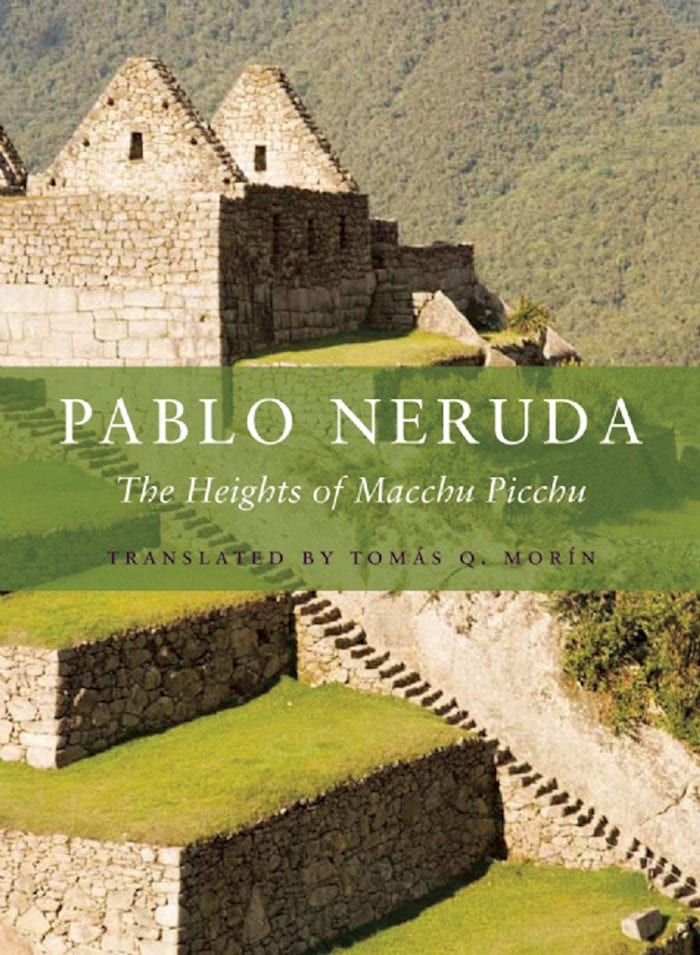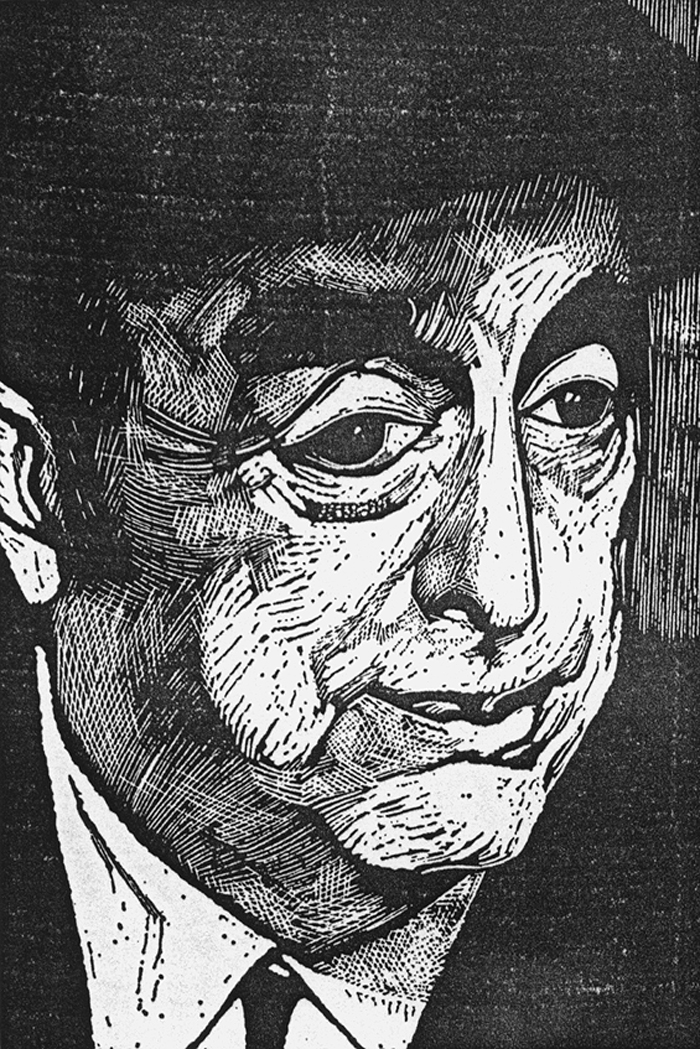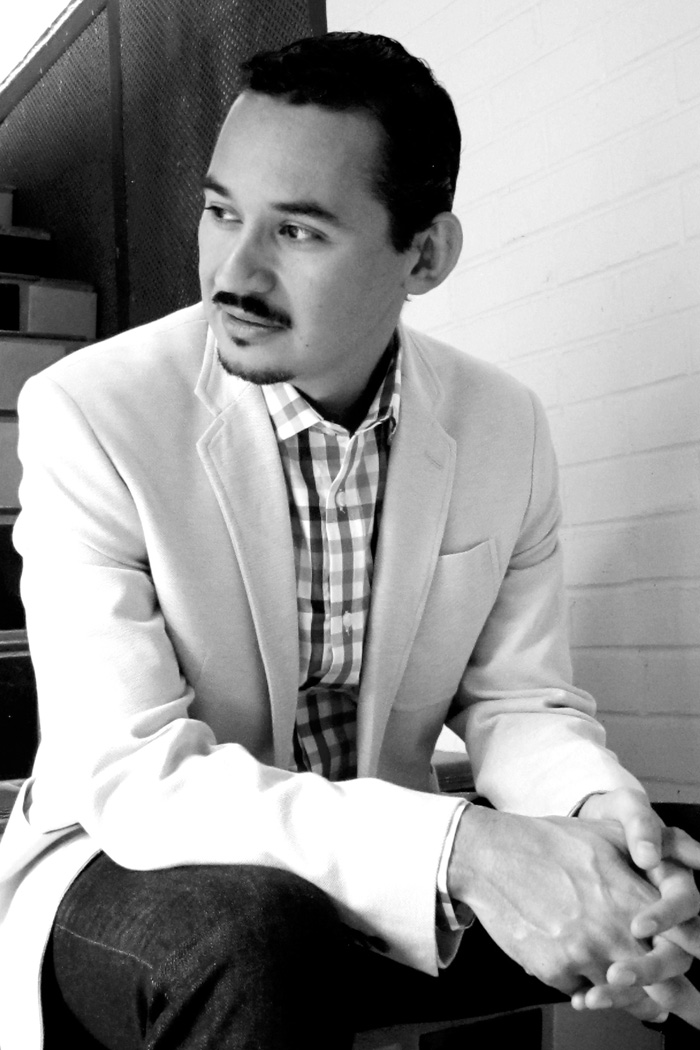
The Heights of Macchu Picchu has been called Pablo Neruda’s greatest contribution to poetry—a search for the “indestructible, imperishable life” in all things. Inspired by his journey to the ancient ruins, Neruda calls on the lost Incan civilization to “rise up and be born,” and also to empower the people of his time. This new translation by Tomás Q. Morín includes an introduction by Morín and Neruda’s Spanish original.
ISBN: 9781556594441
Format: Paperback
Reviews
“The greatest poet of the twentieth century—in any language.” —Gabriel García Márquez
“The Heights of Macchu Picchu is a poem of ascension… In its final passages, Neruda’s poetry jumps from a personal hope to a global one; from a poetry dealing with the poet’s heart to a poetry centered on humanity’s struggles. Similar to T.S. Eliot’s 1921 poem ‘The Wasteland’ in showing the emptiness of the modern world, The Heights of Macchu Picchu offers a solution that Eliot never did: become one with your past and use this to create a better future.” —BBC
“He is the poet of the eternal present. He revealed to us the best antidote to oppression (and its most noxious companion, oblivion): poetry.” —New York Times
“There really is a Neruda for everyone. There’s Neruda the love poet, Neruda the surrealist poet, Neruda the poet of historical epic, Neruda the political poet, Neruda the poet of common things, with the odes, Neruda the poet of the sea… And the people of Chile today, even now, associate Pablo Neruda with the idea of justice.” —Democracy Now!

